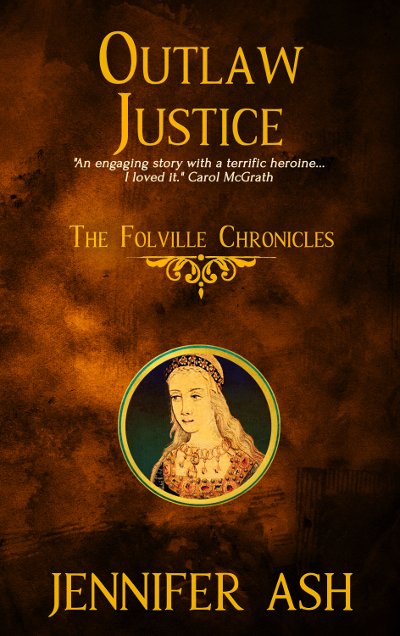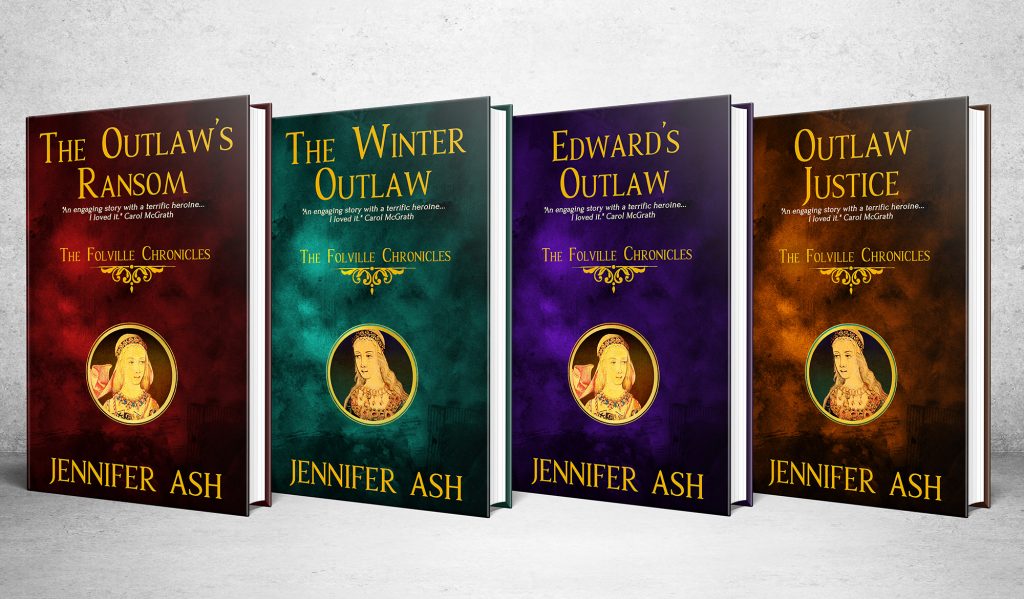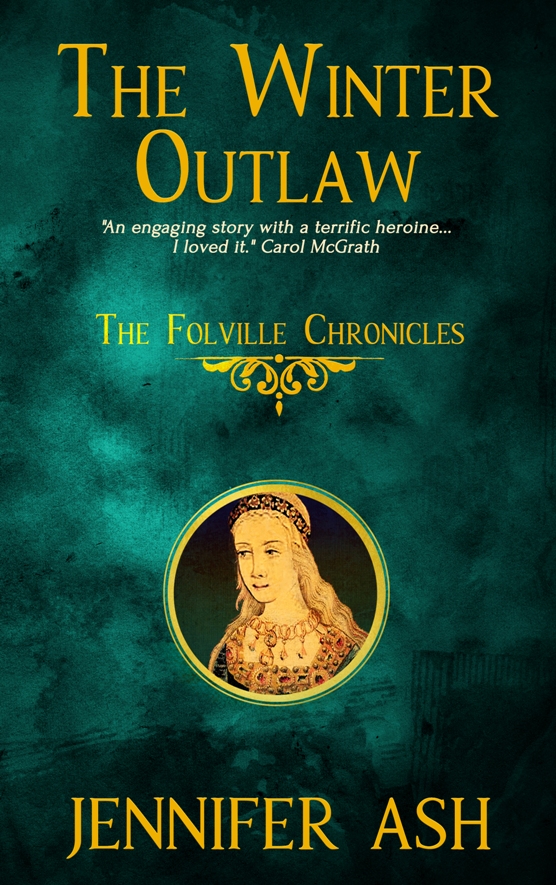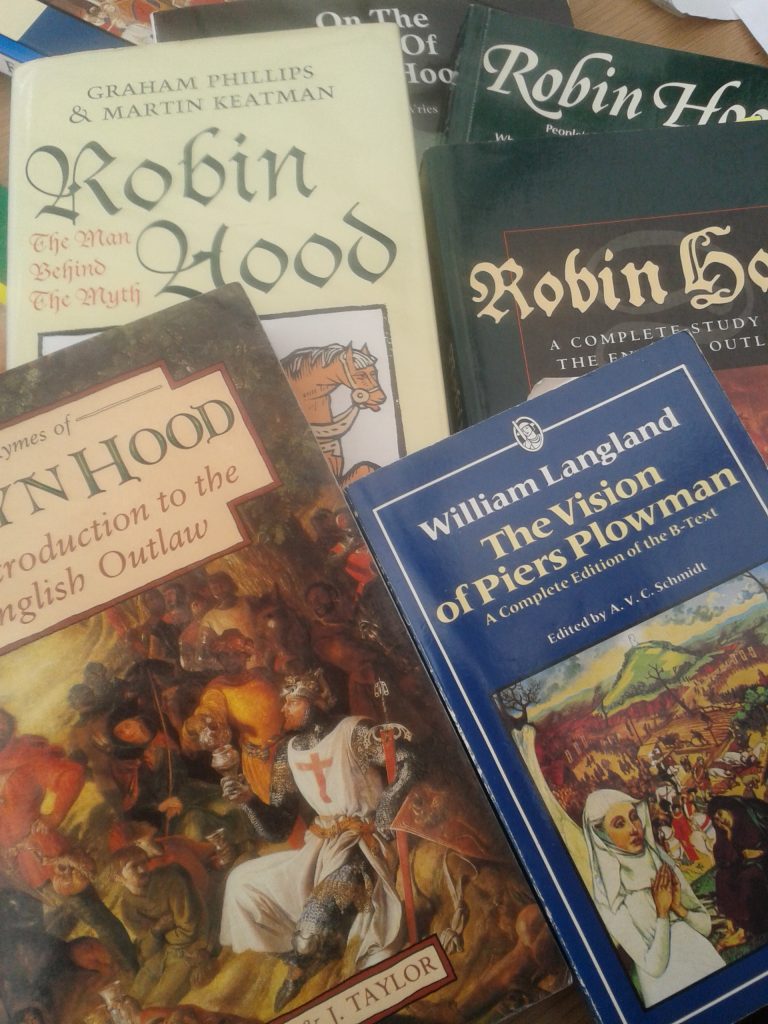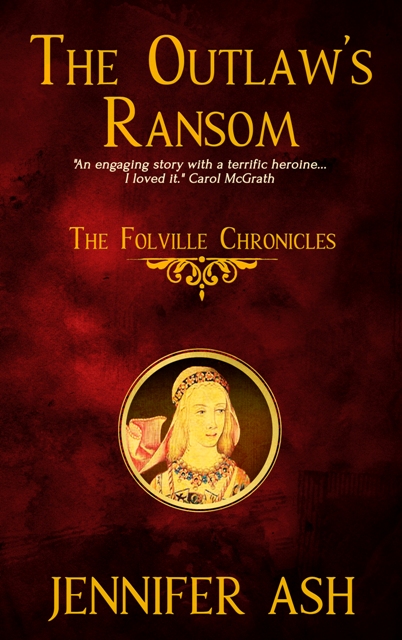I’m delighted to be taking part in the #blogtour for Carol McGrath’s latest novel,
The Lost Queen!
Grab a cuppa, take a seat, and enjoy the #openinglines from this fabulous #historical novel…
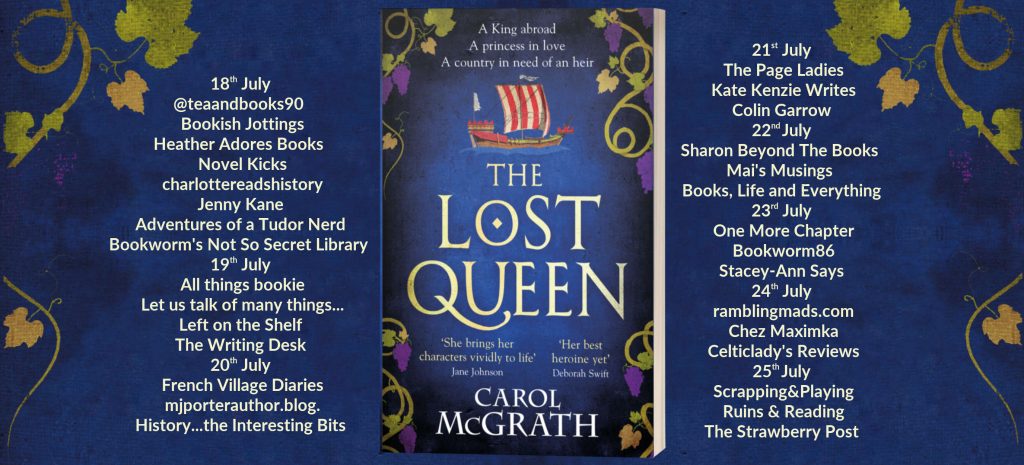
BLURB: The Lost Queen
1191 and the Third Crusade is underway . . .
It is 1191 and King Richard the Lionheart is on crusade to pitch battle against Saladin and liberate the city of Jerusalem and her lands. His mother, the formidable Eleanor of Aquitaine and his promised bride, Princess Berengaria of Navarre, make a perilous journey over the Alps in midwinter. They are to rendezvous with Richard in the Sicilian port of Messina.
There are hazards along the way – vicious assassins, marauding pirates, violent storms and a shipwreck. Berengaria is as feisty as her foes and, surviving it all, she and Richard marry in Cyprus. England needs an heir. But first, Richard and his Queen must return home . . .
The Lost Queen is a thrilling medieval story of high adventure, survival, friendship and the enduring love of a Queen for her King.

FIRST 500 WORDS
Chapter One:
September 1190 Middleton, Hampshire Avelina
The midnight Angelus bells were ringing. I must make haste. Sprinkling fine sand over the words I had just written, I leant back in my chair, my instructions completed.
Was my husband alive or dead? We had been married for less than a year when he had travelled to Outremer to lay claim to his father’s estate, promising to return for me. Three long years had passed, and he was presumed dead in the Holy Land. But I felt that if my Wil- liam no longer walked the earth, I would be sure of it, deep in my heart.
During his absence, I was left managing our estate and there was pressure on me to remarry. His half-brother, Walter of Winchester, was my suitor. He insisted that William had died at the Battle of Hattin three years ago, when Saladin defeated the Christian army close to the port of Acre. Walter pointed out that no ransom demand had been made, as was the custom for captured knights, but I countered that there was no firm proof my husband was dead. When an opportunity presented itself, I determined to discover the truth of it and follow him to Outremer. I believed Walter had lied to me about my husband. He desired this estate.
A group of nuns from nearby Romsey Abbey were to join King Richard’s new Crusade. I decided to travel with them, and once they agreed, I scribed my will, in case . . . In case of what? In case William had indeed died and I might not return safely home either. I stared down at the stylus lying on the desk. My heart skipped a beat, and drawing in my breath, I hesitated. It was not too late to change my mind. Who knew what terrors I would meet on the journey?
I stiffened my spine. My plan was to journey east disguised as a widowed lay nun, travelling on a pilgrimage to pray at the Holy Sepulchre for my husband’s departed soul. With a third Crusade under way, we Christians assumed that the kings of France and England would wrestle Jerusalem back from the enemy, that God was on our side and He would avenge the cruelty we felt had been commit- ted by Saladin after he had captured Jerusalem and the Holy Sepulchre. When the Christian army recovered Outremer’s cities, Jerusalem would be safe for our pilgrims once again.
I glanced at the two anxious faces watching me, those of my steward and my priest. My elbows planted firmly upon the desk, I lifted the document and began to read aloud.
I, Avelina FitzWilliam, give my steward, Robert de Herbert, control over my estate at Middleton until my return from God’s Kingdom of Jerusalem.
If I fail to return within five years, I grant my dower estate of Middleton into the custody of the Abbey of Romsey. This grant includes my husband William FitzWilliam’s lands beyond the sea in Outremer.
I paused and…
If that whetted your appetite, you can buy Carol’s novel from all good retailers, including: – https://tinyurl.com/5n8ab2xv
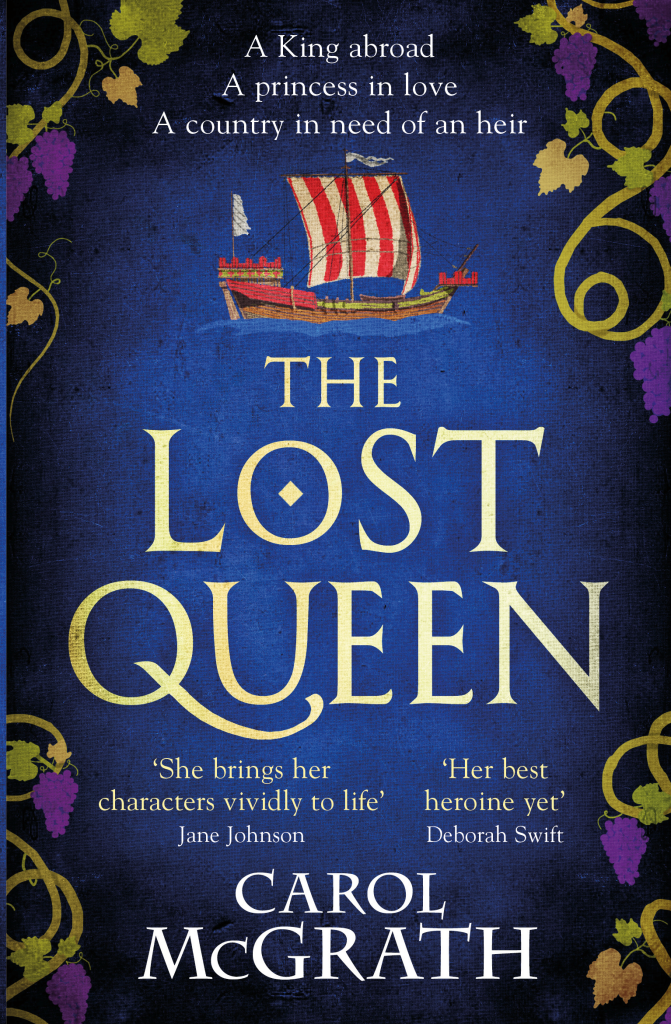
Acclaim for Carol McGrath’s ROSE trilogy:
‘Powerful, gripping and beautifully told’ KATE FURNIVALL on The Silken Rose
‘A tour de force of gripping writing, rich historical detail and complex, fascinating characters’ NICOLA CORNICK on The Stone Rose
‘A beautifully narrated novel’ K J MAITLAND on The Damask Rose
 Bio – Following a first degree in English and History, Carol McGrath completed an MA in Creative Writing from The Seamus Heaney Centre, Queens University Belfast, followed by an MPhil in English from University of London. The Handfasted Wife, first in a trilogy about the royal women of 1066 was shortlisted for the RoNAS in 2014. The Swan-Daughter and The Betrothed Sister complete this highly acclaimed trilogy. Mistress Cromwell, a best-selling historical novel about Elizabeth Cromwell, wife of Henry VIII’s statesman, Thomas Cromwell, was republished by Headline in 2020. The Silken Rose, first in a medieval She-Wolf Queens Trilogy, featuring Ailenor of Provence, saw publication in April 2020. This was followed by The Damask Rose. The Stone Rose was published April 2022. Carol is writing Historical non-fiction as well as fiction. Sex and Sexuality in Tudor England was published in February 2022. The Stolen Crown 2023 and The Lost Queen will be published 18th July 2024. Carol lives in Oxfordshire, England and in Greece.
Bio – Following a first degree in English and History, Carol McGrath completed an MA in Creative Writing from The Seamus Heaney Centre, Queens University Belfast, followed by an MPhil in English from University of London. The Handfasted Wife, first in a trilogy about the royal women of 1066 was shortlisted for the RoNAS in 2014. The Swan-Daughter and The Betrothed Sister complete this highly acclaimed trilogy. Mistress Cromwell, a best-selling historical novel about Elizabeth Cromwell, wife of Henry VIII’s statesman, Thomas Cromwell, was republished by Headline in 2020. The Silken Rose, first in a medieval She-Wolf Queens Trilogy, featuring Ailenor of Provence, saw publication in April 2020. This was followed by The Damask Rose. The Stone Rose was published April 2022. Carol is writing Historical non-fiction as well as fiction. Sex and Sexuality in Tudor England was published in February 2022. The Stolen Crown 2023 and The Lost Queen will be published 18th July 2024. Carol lives in Oxfordshire, England and in Greece.

Find Carol on her website:
Follow her on Amazon @CarolMcGrath
https://twitter.com/carolmcgrath
https://www.pinterest.co.uk/carol0275/the-handfasted-wife/
https://scribbling-inthemargins.blogspot.com/
https://www.linkedin.com/in/carol-mcgrath-906723a/
https://www.facebook.com/CarolMcGrathAuthor1/
(This blog is part of a Rachel’s Random Resources tour.)


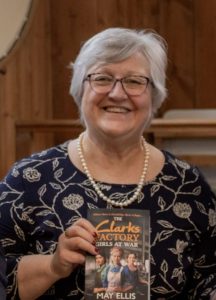 Author Bio
Author Bio